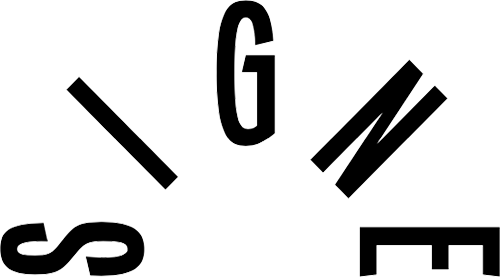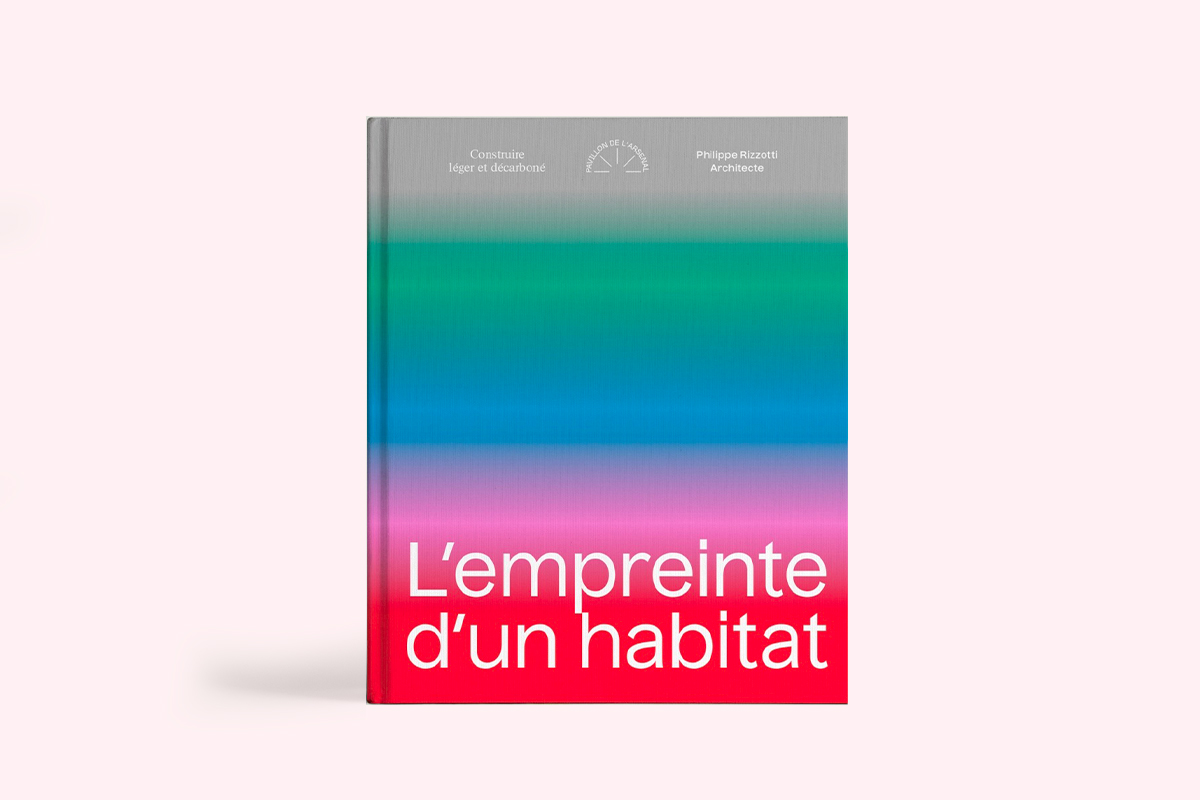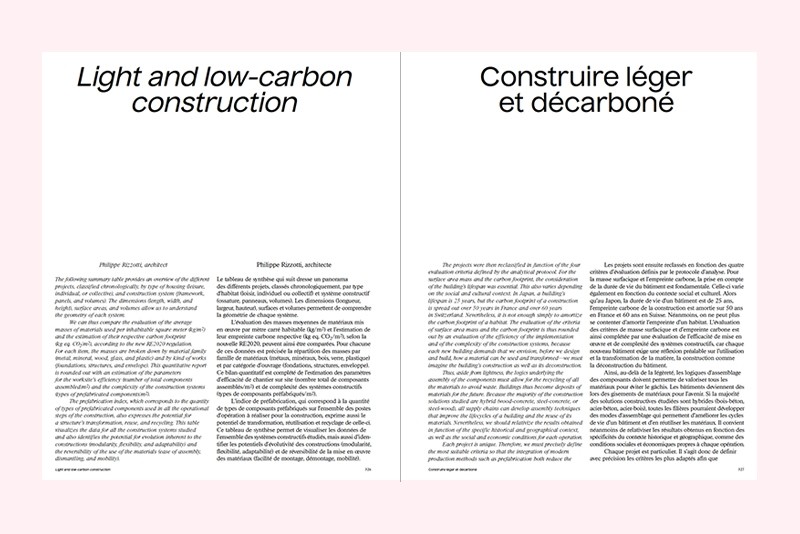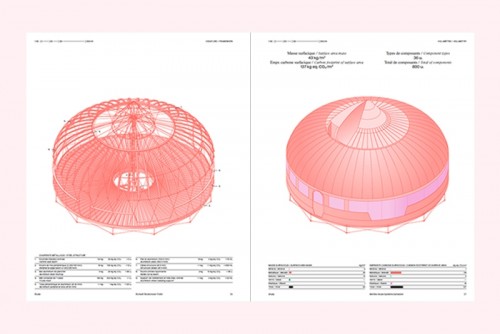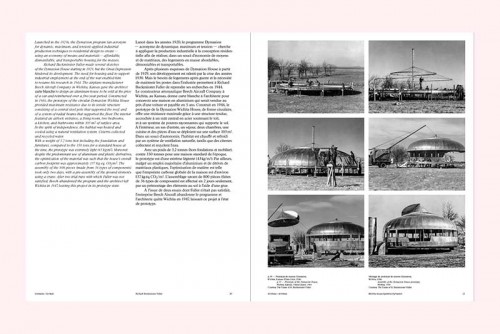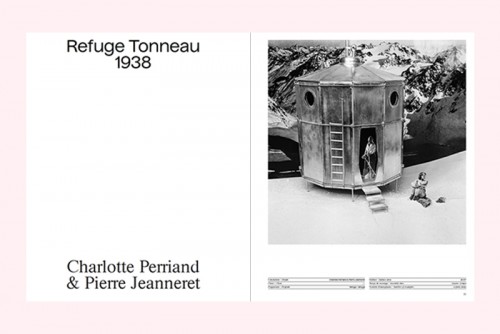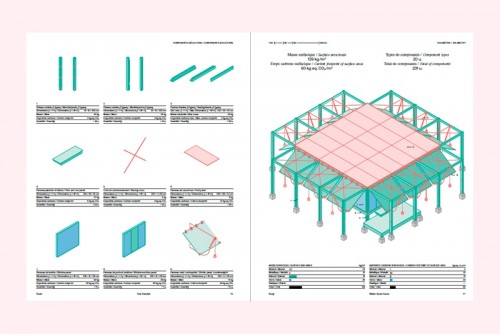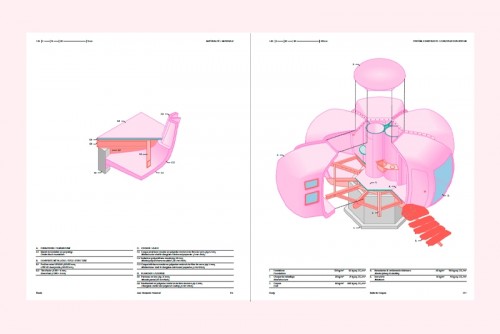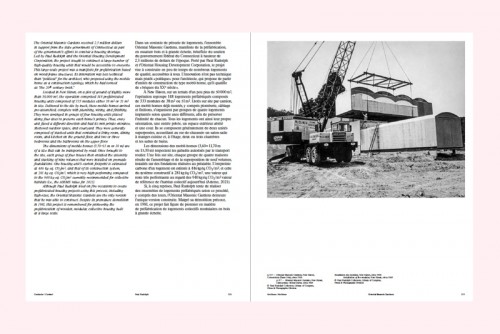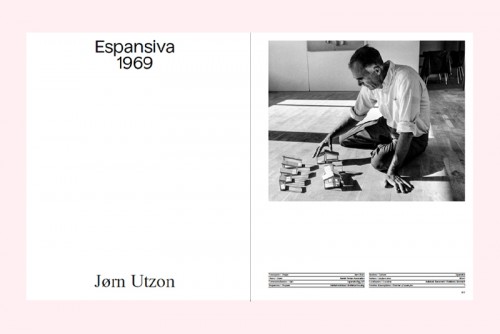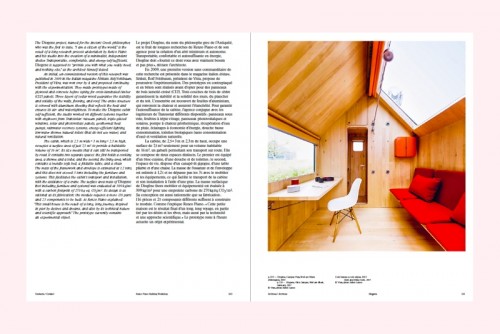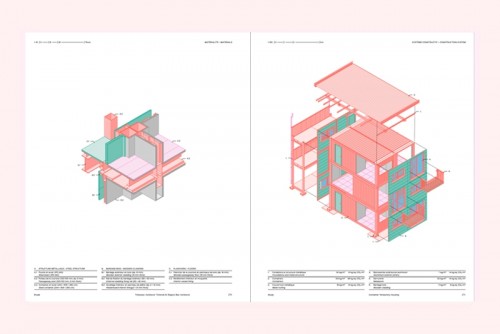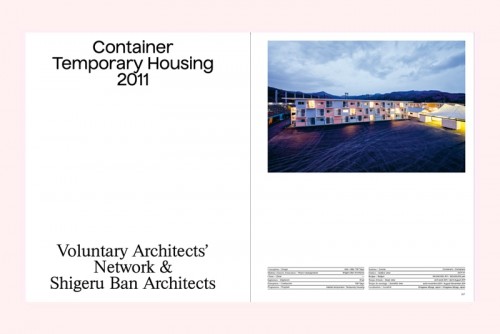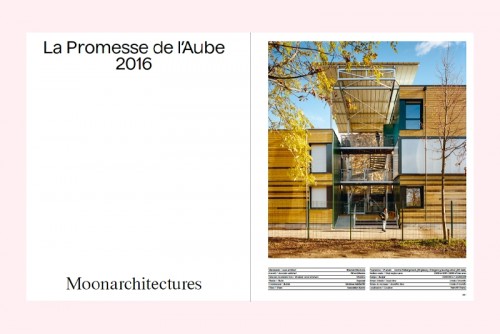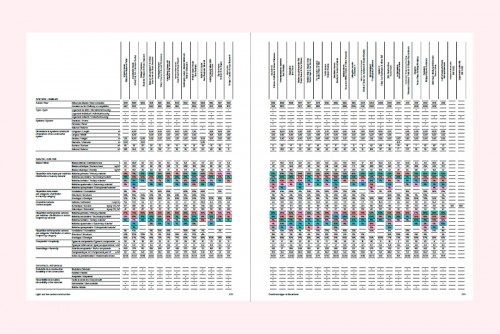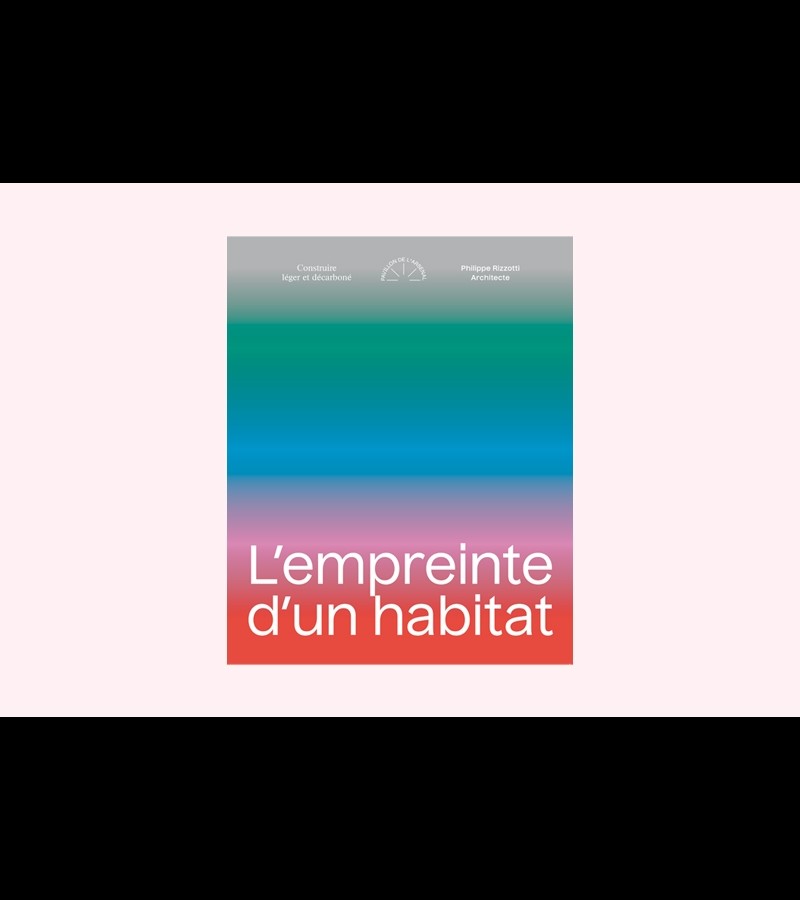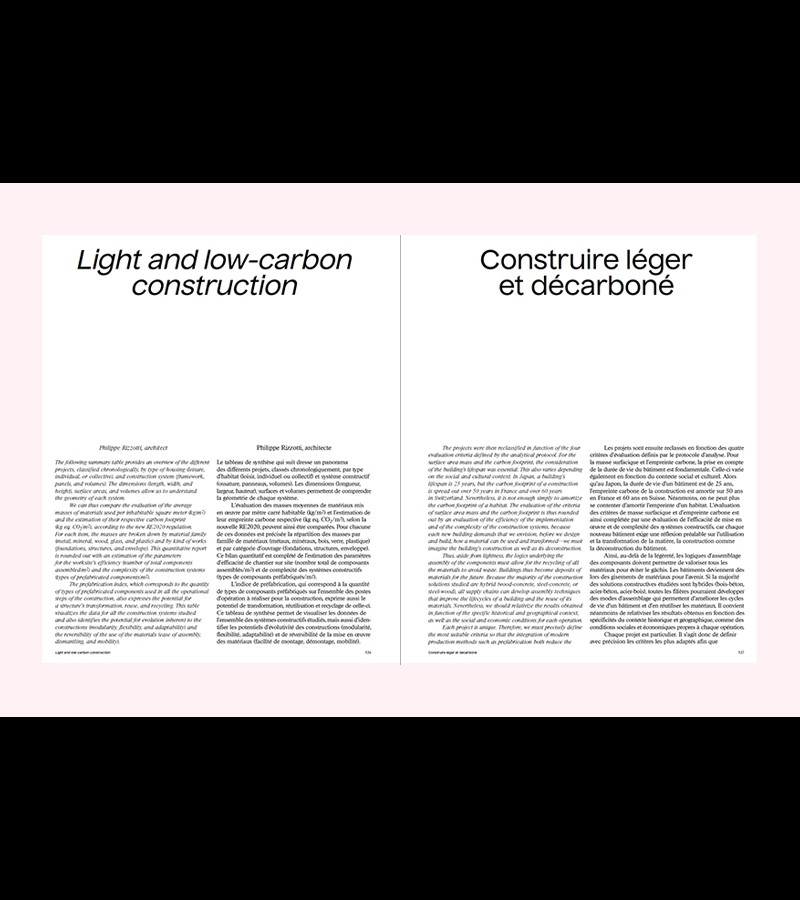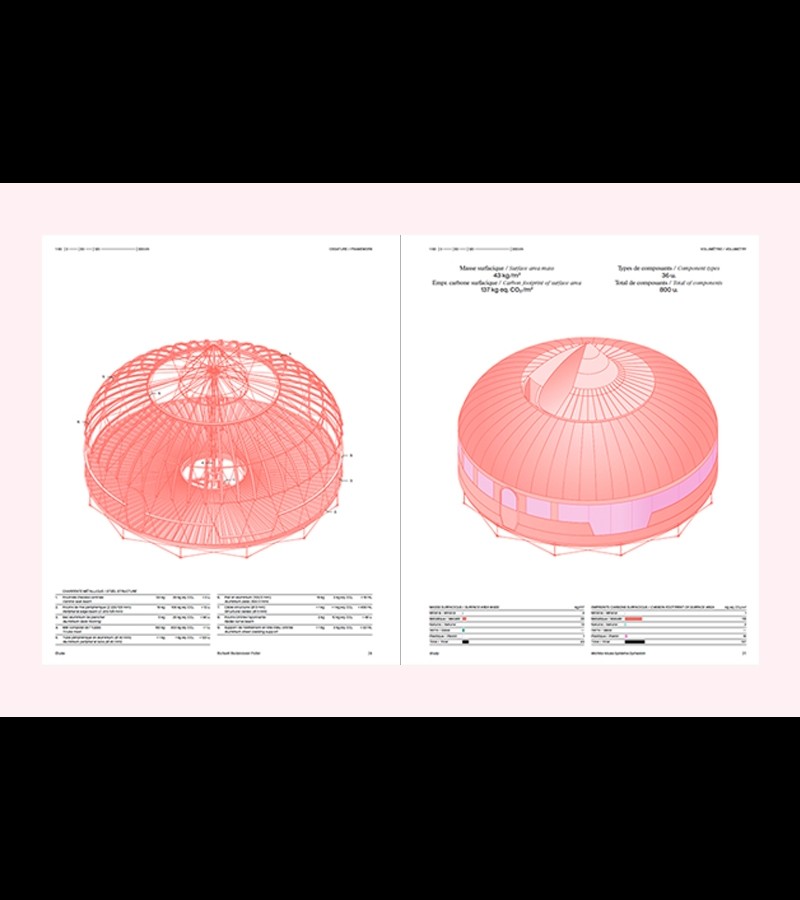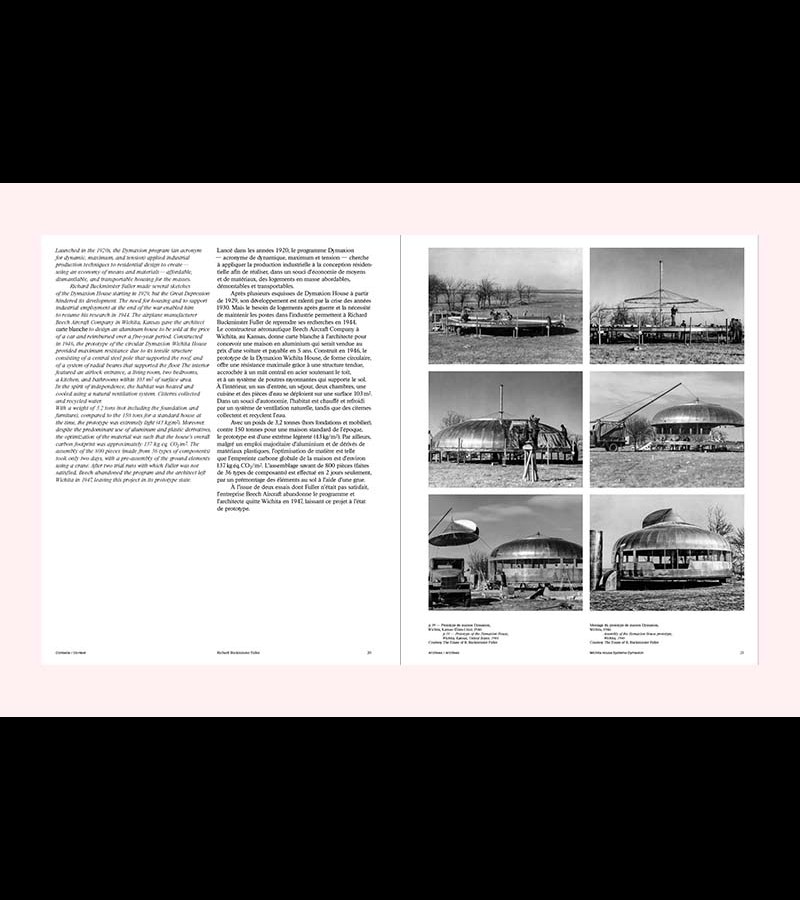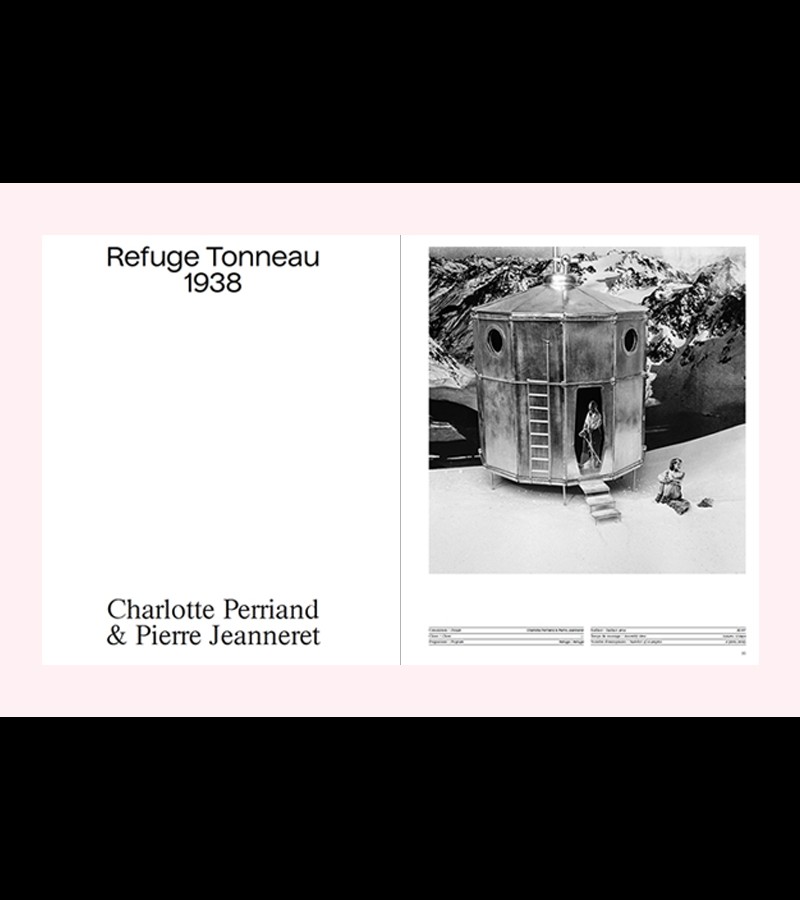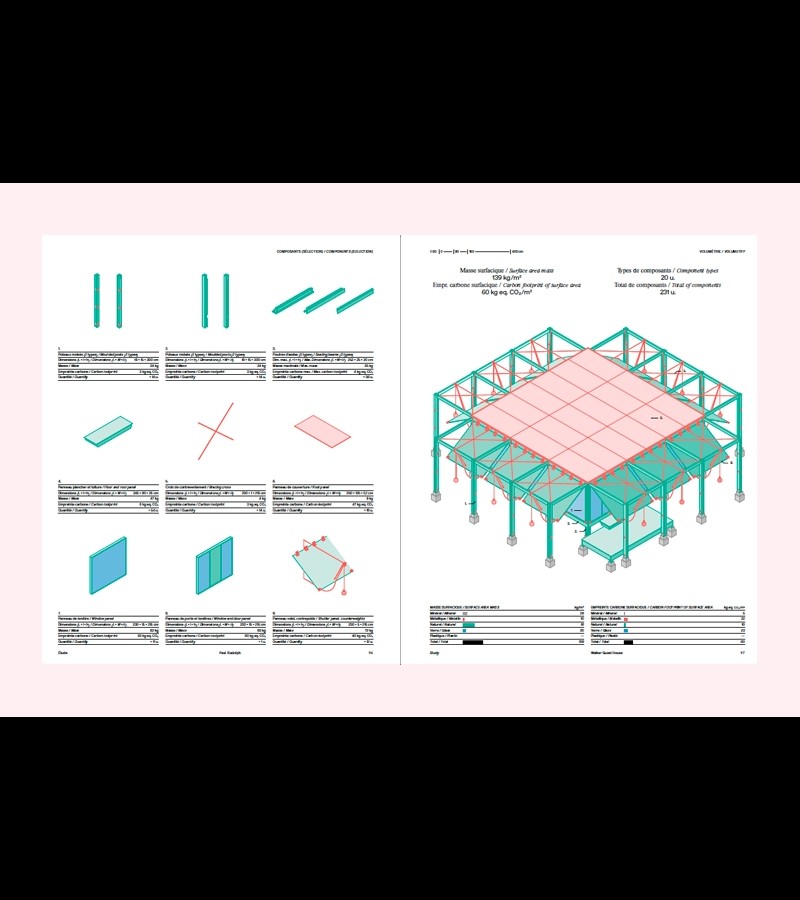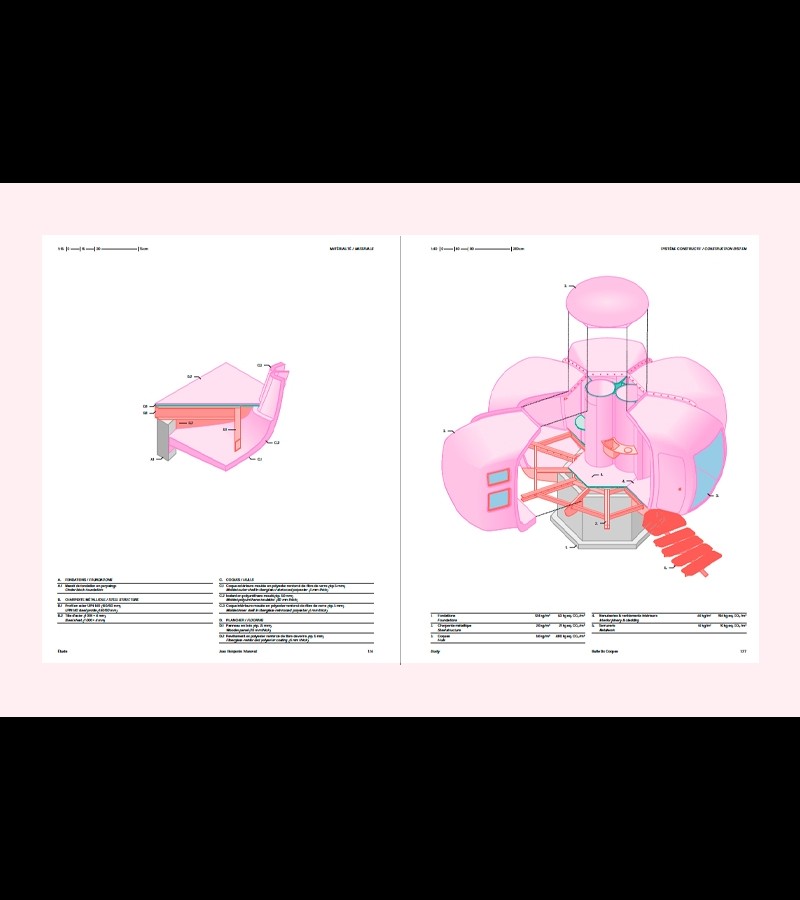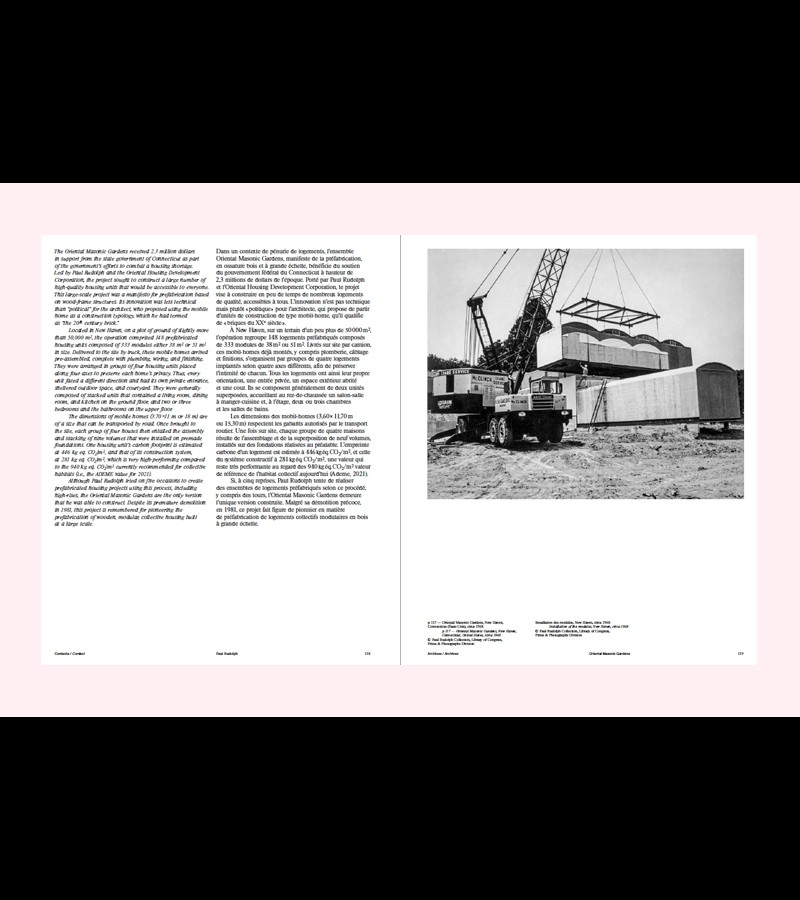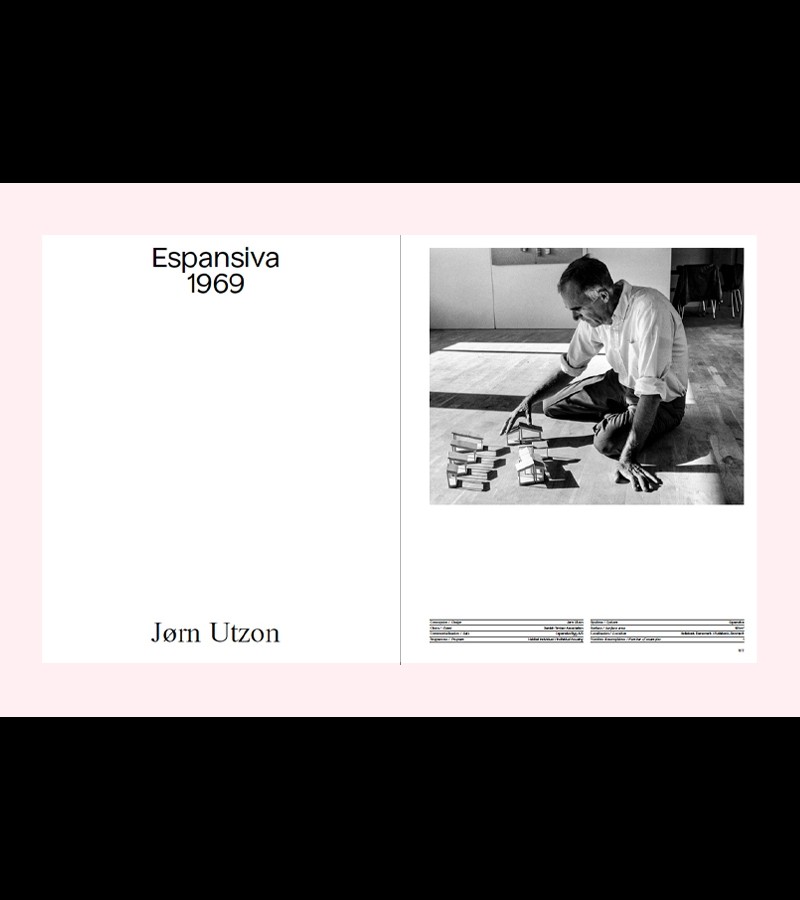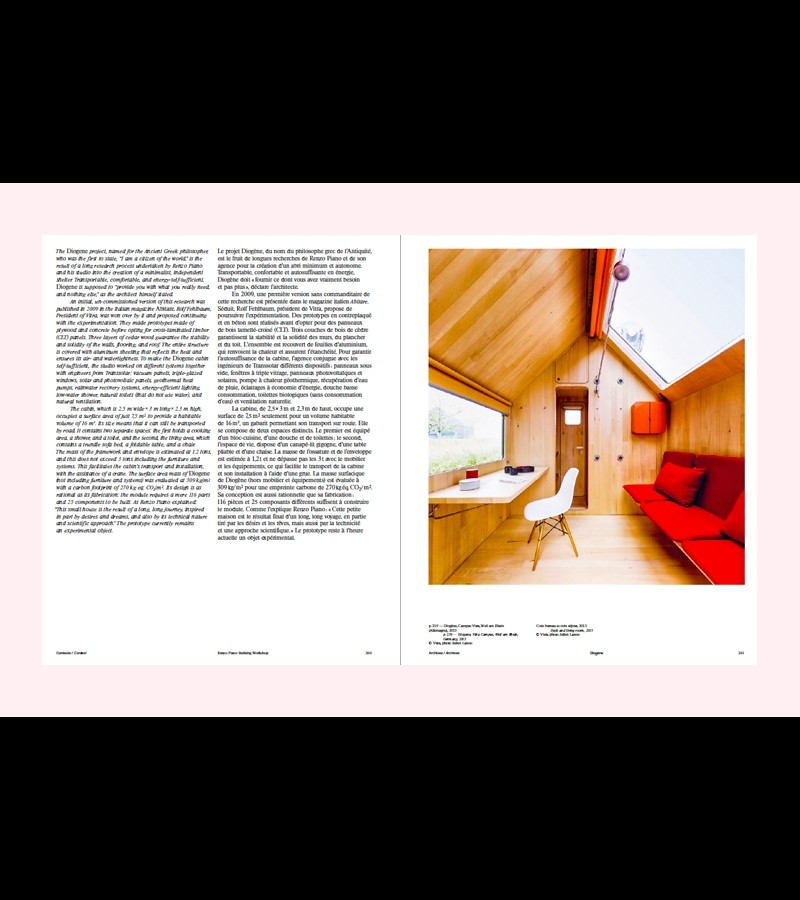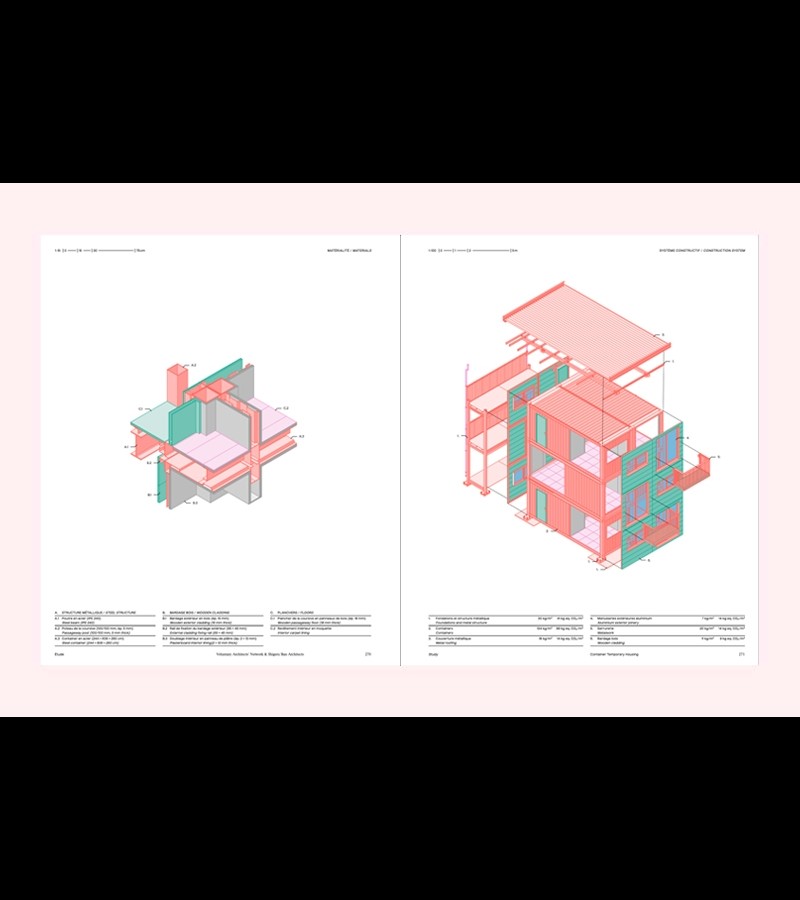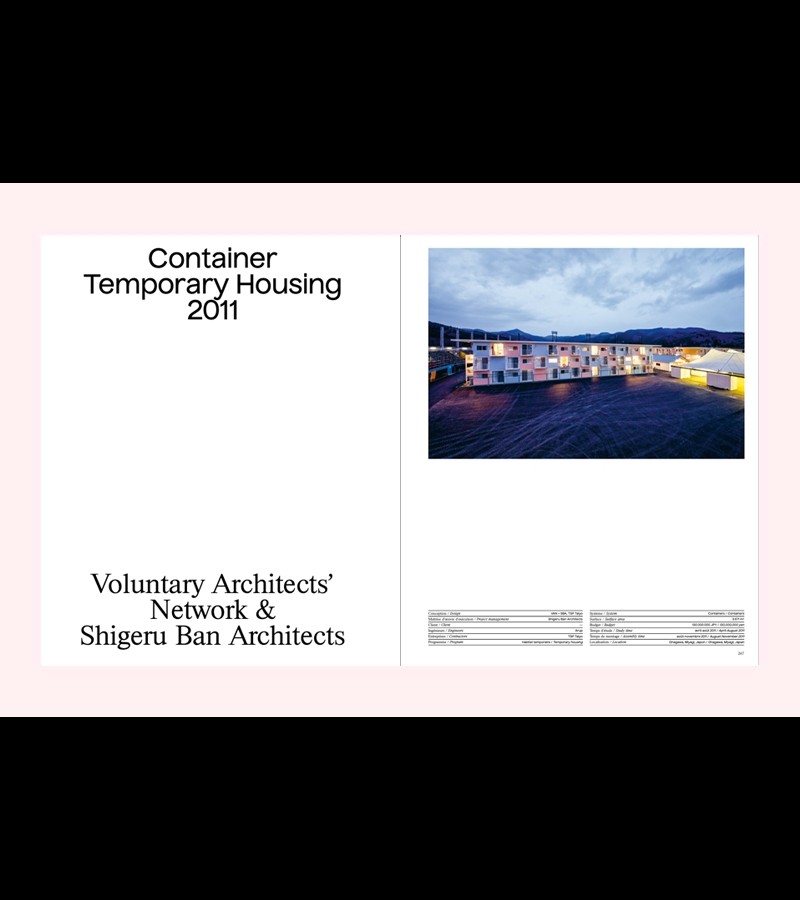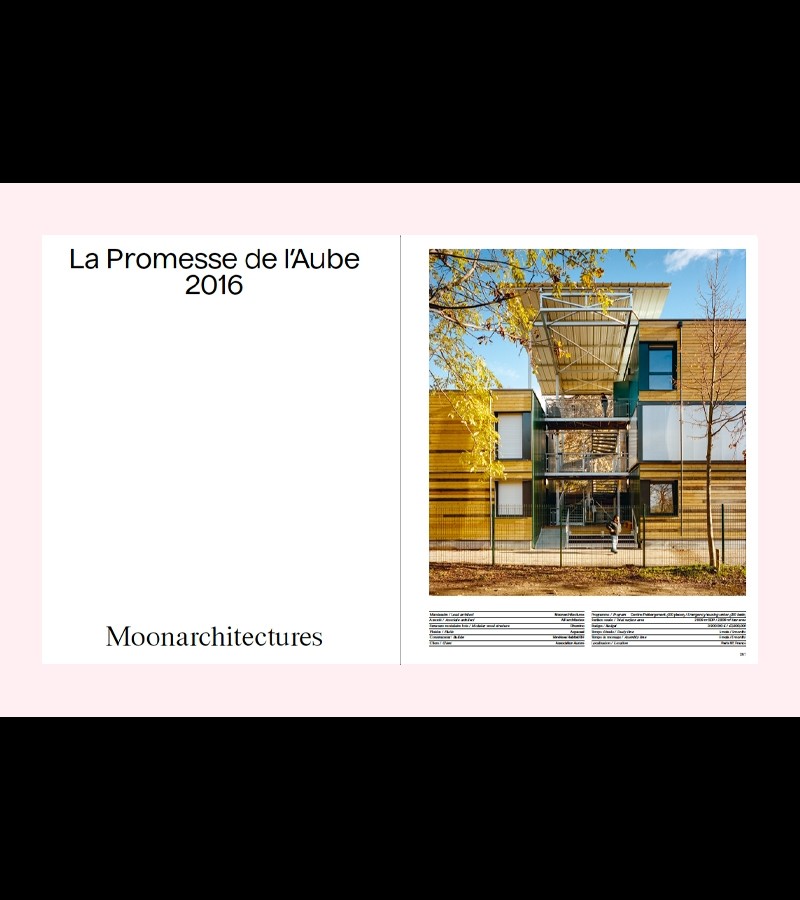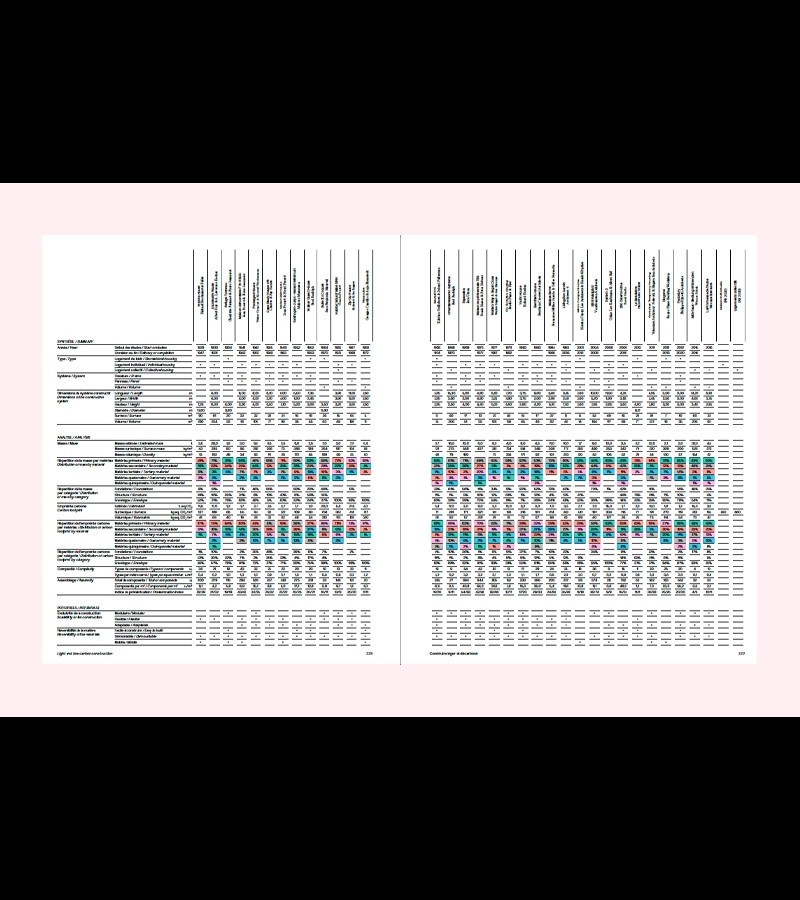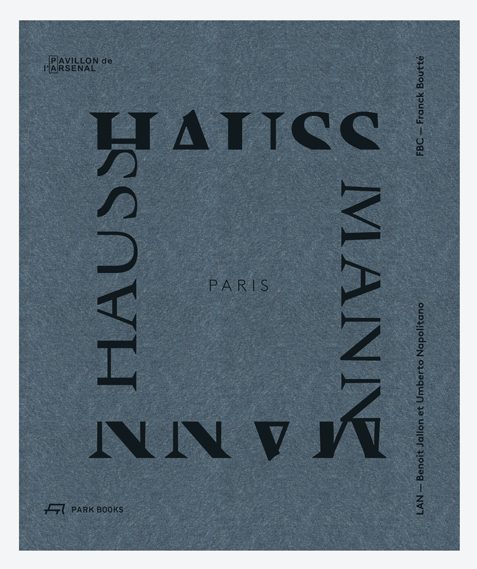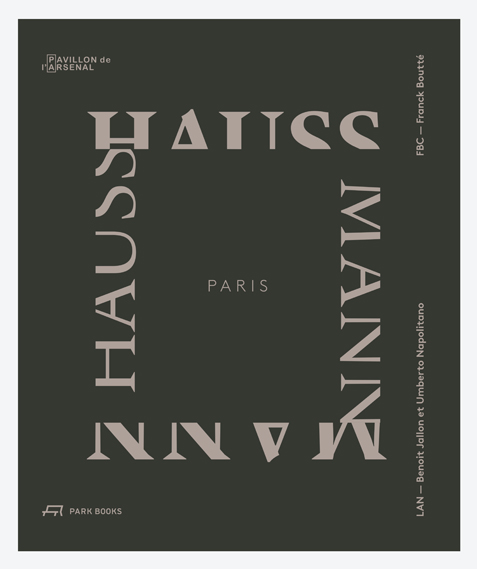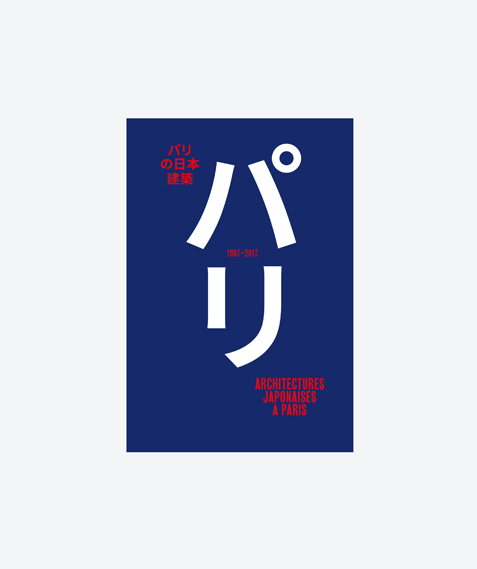The pursuit of lightness isn’t a new one. The ambition of lowering the amount of material used in construction started one century ago in the context of a shortage of housing and materials. With the urgency to build more homes and the requirement to use fewer resources, a number of pioneers are inventing alternative architecture approaches. They are Richard Buckminster Fuller, Charlotte Perriand, Pierre Jeanneret, Albert Frey, Lawrence Kocher, Walter Gropius, Konrad Wachsmann, Jean Prouvé, Charles and Ray Eames, Makoto Masuzawa, Jorn Utzon… This book analyzes thirty or so of these experimental constructions built between 1920 and 2020 that reflect the development of lightweight construction in industrialized countries.
This study conducted on thirty or so international projects reveals the potential and diversity of building systems that have been developed. It attests of the capacity of these architects to adapt to the techniques and expectations of their time. Each exploration is reread in its historical context through archives, films, and scale models that reflect approaches, techniques, and ways of inhabiting a home. Redesigned and decomposed following a protocol developed for this event by Philippe Rizzotti Architecte and the IBI laboratory of ETH Zürich, the corpus reveals correspondences and shared qualities. This inventory enables the quantifying of constructions, comparing of materials, analyzing of assemblies, and the classifying of all or part to bring about approaches that could be adapted in the future.
Based on measurements taken on the 8x8 BCC "all-wood" house - designed by Jean Prouvé and Pierre Jeanneret, whose elements serve as a benchmark - the analysis also offers, for the first time, the opportunity to compare the estimated masses, components, and construction systems of the buildings with their carbon footprint, in order to compare them with each other and with conventional constructions. The edifying results systematically turn to the advantage of lightweight architecture. The average mass per square meter of the houses presented does not exceed 300 kg/m2 when the current houses easily reach 1200 kg/m2. Their average corrected carbon footprint is evaluated at 282 kg CO2.eq/m2, while the objective of the new regulation is 640 kg CO2.eq/m2 with the ambition to be limited to 415 CO2.eq/m2 from 2031.
Buildings must now be made to use fewer resources and to better address the negative externalities generated by their construction. Making them lighter opens a remarkable variety of applications that are quickly deployable, consolidated by a shared history that is also benchmarked and now analyzed. The quest for lightness appears all the more crucial in that simply transforming the production process could instantly translate into a 50% cut in emissions for new constructions. In addition, once inhabited, energy use is reduced compared with conventional housing, and potential material resources can be considered for future use.

